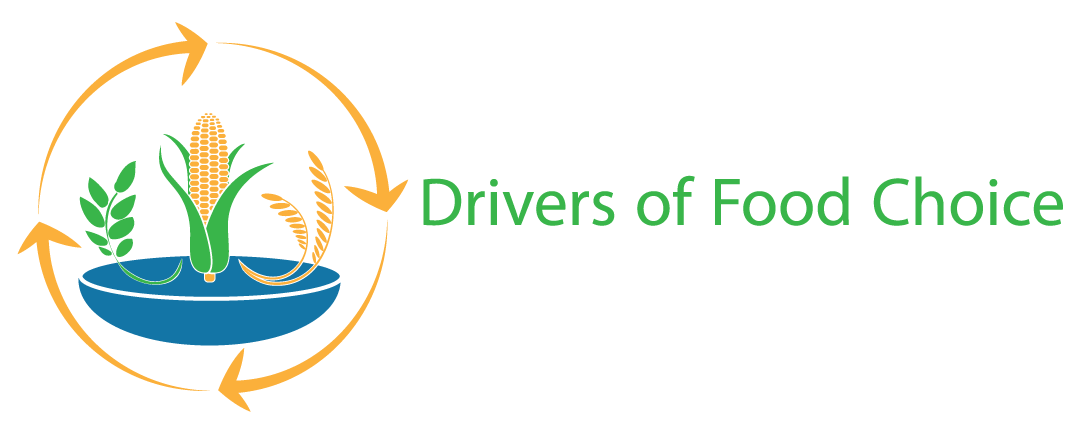The goal of the Drivers of Food Choice (DFC) Competitive Grants Program is to ultimately improve food and nutrition security in poor countries, guide ongoing and future programs and research activities on food choice, and to foster a community of practice in food choice research in developing countries. In 2016, DFC is awarding 8 two-year grants from its first competition. The program is funded by the Bill & Melinda Gates Foundation and the UK government. DFC is managed by the University of South Carolina, Arnold School of Public Health.
Round 1
Summary
The 8 studies funded by DFC from 2016-2018 will take place in 7 low-income countries: Ghana, India, Indonesia, Malawi, Tanzania, Uganda, and Vietnam. Topics to be studied include gastronomic systems research, impact of agricultural subsidies on food choice and preferences, impact of changes in the retail food environment on food choices of the poor, aspects of the social and physical food environments that drive consumption of energy-dense nutrient-poor food, influence of a child’s weight on caregiver household food choices, how land permanence affects food growing and consumption choices, influence of rapid agrarian change on food choices, how changes in livelihood impact food choice, and role of gender in food choice decision-making. Three studies will take place in rural environments, 3 will be in urban environments, and 2 will conduct their research in both urban and rural environments. Five of the studies will have a strong focus on gender in food choice.
Profiles of studies
Click a study title below to learn more about that study.
Round 2
Summary
The 7 studies funded by DFC from 2018-2020 will take place in 6 low-income countries: Kenya, India, Tanzania, Guinea, Uganda, and Nepal. Topics to be studied include nutrition transition and changes in markets and demand, development of commercial partnership model that provides fruit and vegetable purchase incentives, temporary migrant mining populations and resultant food choices for women and young children, impact of agriculture labour-saving devices on maternal food choices, combining school gardens and nutrition education in schools with interventions that raise parents’ awareness and food availability, drivers of food choice and the impact on nutrient adequacy among PLHIV and their families, and demand drivers of animal-source food consumption. Two studies will take place in rural environments, four will be in urban environments, and one will conduct their research in both urban and rural environments. Six of the studies will have a strong focus on gender in food choice.
Profiles of studies
Click a study title below to learn more about that study.
> Diet, Environment, and Choices of positive living (DECIDE study): Evaluating personal and external food environment influences on diets among PLHIV and families in Dar es Salaam, Tanzania
> Food Choice in Indian Households in the Context of the Nutrition Transition
> Drivers of demand for animal-source foods in low-income informal settlements in Nairobi, Kenya
> Incentivizing fruit and vegetable consumption in urbanizing India
> Nudging children toward healthier food choices: An experiment combining school and home gardens
